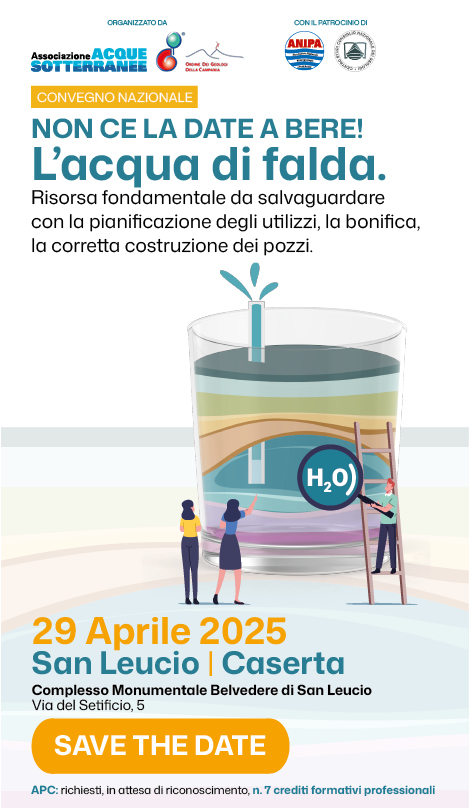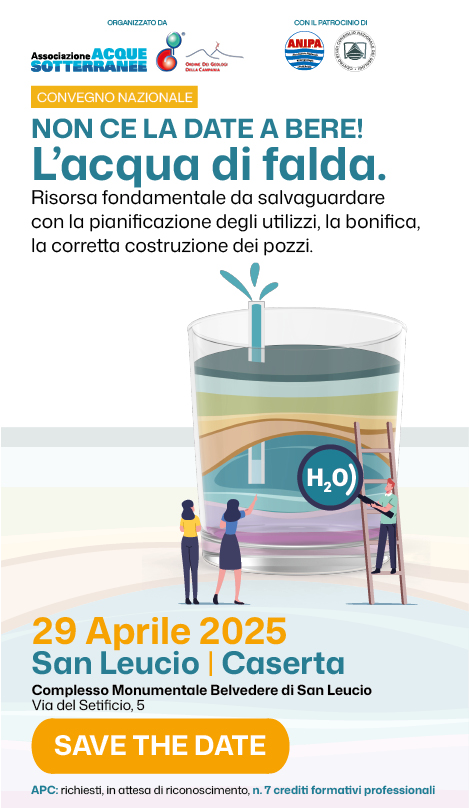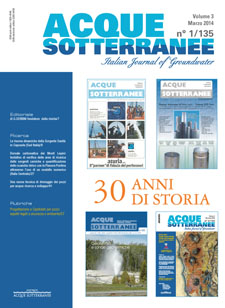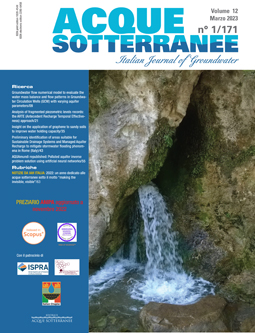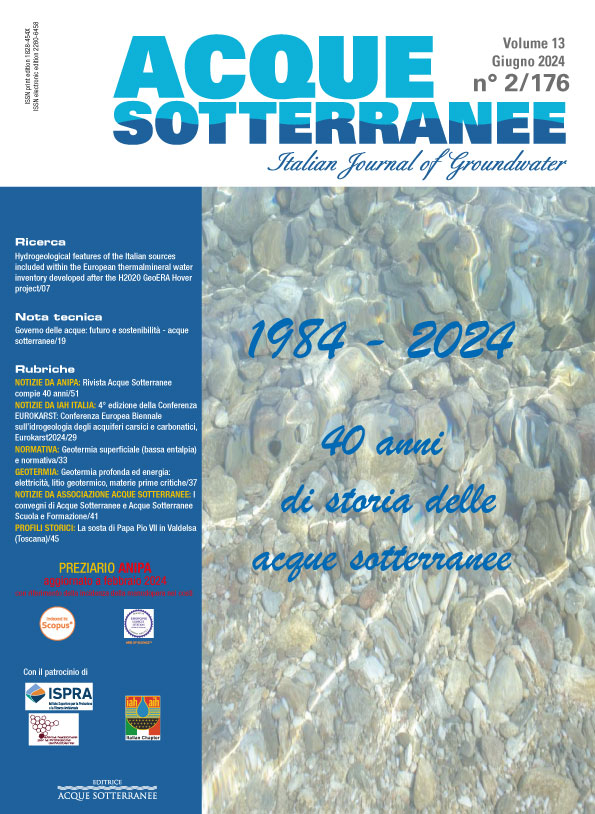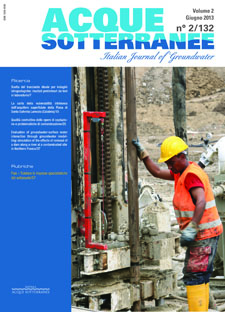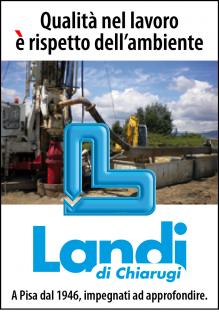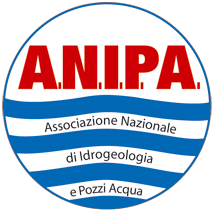Joint International Workshop EU FPVII MARSOL and EU HORIZON 2020 FREEWAT projects within EU EIP MAR to MARKET (AG 128)
Joint International Workshop EU FPVII MARSOL and EU HORIZON 2020 FREEWAT projects within EU EIP MAR to MARKET (AG 128)
Advantages of using numerical modeling in water resource management
April 21st 2015
Aula Magna
Scuola Superiore Sant’Anna
Piazza Martiri della Libertà, 33 – Pisa
Participation is free. To register please send an e mail to:
Silvia Di Bartolo: silvia.dibartolo89@gmail.com
Providing the following data:
Name
Surname
E mail
Affiliation
Type of institution (univ./res., water utility, river basin aut., gov. authority, enterprise, professional, …).
Limited seats available (if you change your mind after registration, please let us know before April 14th)
Coffee breaks and lunch included. Participants will have to deal with their own travel and living expenses.
For more information:
Alessio Barbagli – a.barbagli@sssup.it
Silvia di Bartolo – silvia.dibartolo89@gmail.com
Tel. 0039050883506
WORKSHOP PROGRAMME

WORKSHOP DESCRIPTION
The workshop “Advantages of using numerical modeling in water resource management” is a joint event organized by the EU FP7 MARSOL project (www.marsol.eu) and the recently approved EU FREEWAT project (funded under the H2020 programme, the EC under the call Water Innovation: Boosting Its Value For Europe) and within the framework of the European Innovation Partnership MAR Solutions - Managed Aquifer Recharge Strategies and Actions (AG128).
The MARSOL (Demonstrating Managed Aquifer Recharge as a Solution to Water Scarcity and Drought) project started in December 2013 and its main objective is to demonstrate that Managed Aquifer Recharge (MAR) is a sound, safe and sustainable strategy that can be applied with great confidence and therefore offering a key approach for tackling water scarcity in Southern Europe. The goal will be reached through a combination of modelling and monitoring for both water quantity and water quality and 8 different case studies are under evaluation in the Mediterranean area.
In the FREEWAT (FREE and open source software tools for WATer resource management) project (starting April the 1st 2015), the aim is to develop the FREEWAT platform which will be an open source and public domain GIS integrated modelling platform for the simulation of water quantity and quality in surface water and groundwater, with an integrated water management and planning module.
FREEWAT includes hydrological and hydrogeological models for flow and transport (including variable density models for the simulation of seawater intrusion), a dedicated module for water management and planning that will help to manage and aggregate all the distributed data coming from the simulation scenarios, a whole module for calibration, uncertainty and sensitivity analysis, a module for solute transport in the unsaturated zone, a module for crop growth and water requirements in agriculture and tools for dealing with groundwater quality issues.
The main objectives of this workshop are 1) to gather a number of researchers, consultants, administrators and others interested in learning about how simulation models have been applied to address scientific and resource-management questions in Europe and in the US, 2) to present and discuss the importance of using numerical models for water resources management and, in Europe, for the implementation of the Water Framework Directive (WFD), and related directives, and 3) to promote the discussion about how to use models and how to present modelling results between the different groups, such as researchers, stakeholders, decision makers.
The speakers will present their experiences providing guidelines on the importance of combining open source modelling approaches with a stronger stakeholders involvement to improve water resources management.
Workshop presentations, through case studies on the use of modelling in planning, monitoring and managing, are expected to increase understanding water resource systems at different scales. This will include both water quantity and water quality issues and on innovative management schemes (such as Managed Aquifer Recharge). Current challenges that will be dealt include, among the others, understanding the aquifer’s response to drought and climate change, protecting the quality of water, limiting subsidence caused by groundwater pumping, and implementing aquifer storage and recovery programs, water uses in rural areas.

